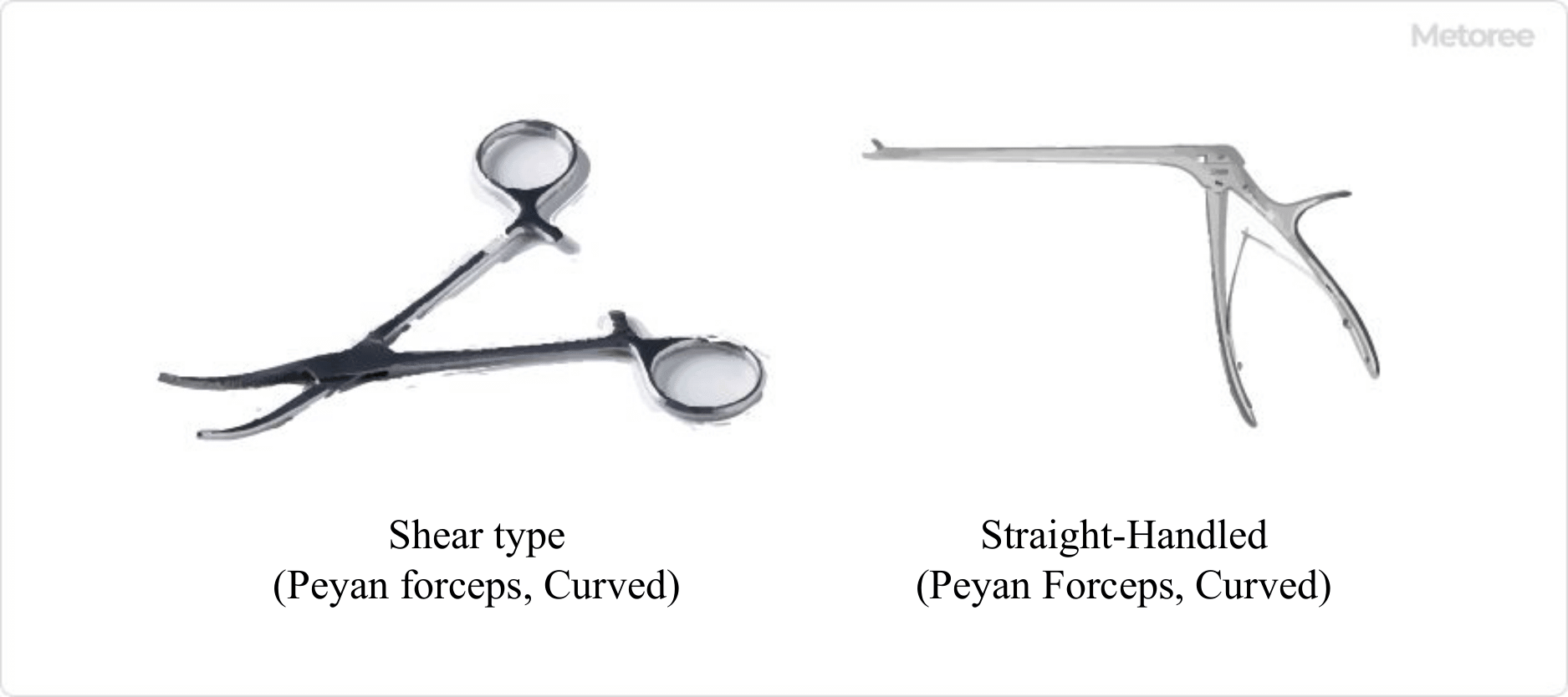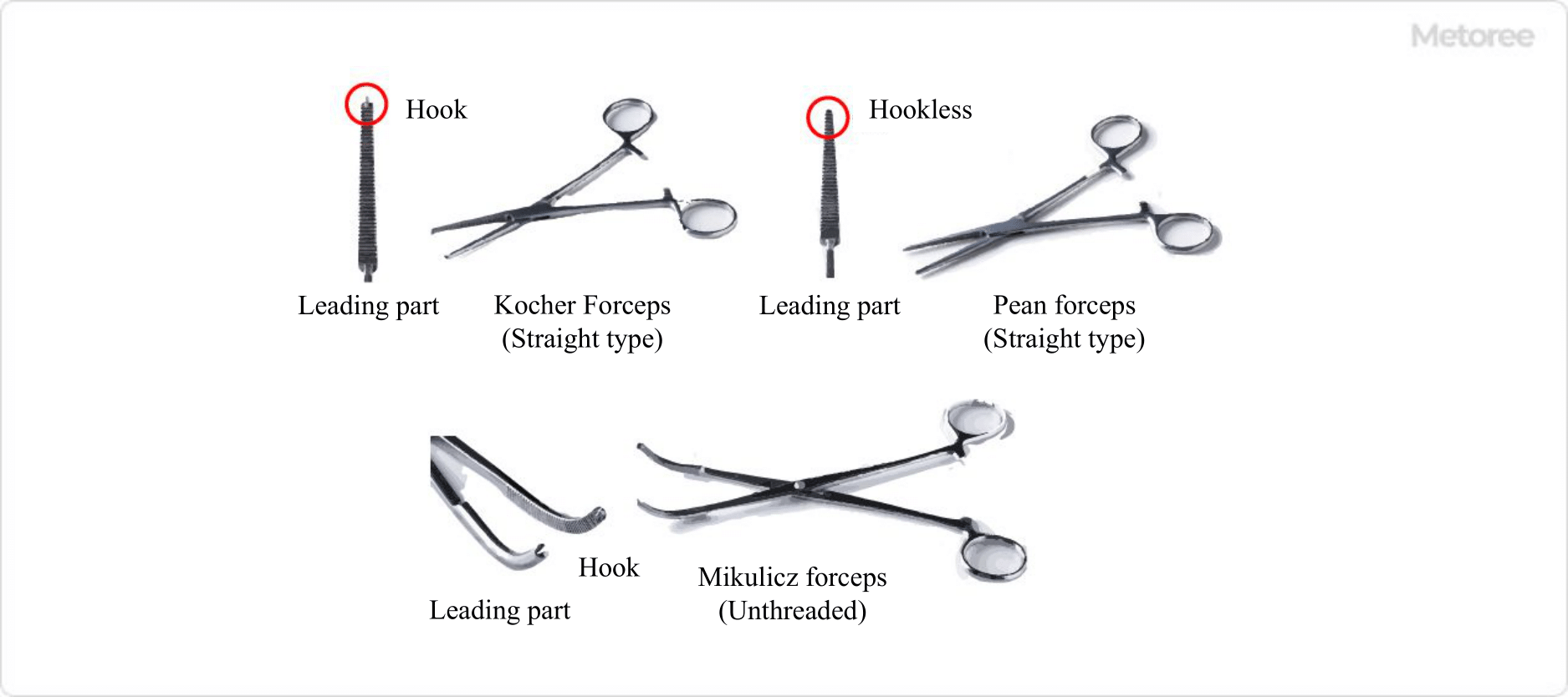What Are Forceps?

Figure 1. Image of a typical forceps
Forceps are medical instruments resembling bladeless scissors, used for grasping, compressing, and manipulating tissues and organs during surgical procedures. Made predominantly from metal, there are also disposable plastic versions available today. Various types and shapes are designed for specific surgical applications.
Uses of Forceps
Forceps are essential in surgeries, particularly in thoracic and abdominal procedures. They are used for tasks like grasping tissues, compressing blood vessels to stop bleeding and aiding in various intraoperative maneuvers such as membrane peeling, blood vessel ligation, and peritoneal opening. Different types of forceps, such as Kocher and Pean forceps, are selected based on the specific surgical requirements, with some designed for delicate tasks and others for more robust applications.
Principle of Forceps
Common scissors-shaped forceps function by overlapping interlocking tips to grasp and hold the targeted area. This design allows for locking the instrument in place when grasping a tissue or vessel. The overlapping ratchet section’s size determines the strength of the grip at the tip.
Types of Forceps
Figure 2. Main forceps and tips

Forceps vary in handle type, including pruning (scissor-shaped), angled, and straight-handled designs. Tip shapes also differ, including double-sided curved, single-sided curved, straight, and hook types.
Some common forceps include:
- Kelly Forceps: Used in abdominal and thoracic surgery for delicate tasks like membrane removal and blood vessel ligation.
- Kocher Forceps: Designed for gripping tissues and stopping bleeding, often with a hook at the tip for harder tissues.
- Peyan Forceps: Similar to Kocher forceps but typically without a hook, used for pinching severed blood vessels.
- Mikritz Forceps: Used for holding the peritoneum open during laparotomy.
- Bulldog Forceps: Employed for temporary blood vessel hemostasis in procedures where blood flow needs to be restored later.
- Arris Forceps: Utilized for handling soft tissues, especially in digestive tract surgeries.
Mikulicz and Kocher forceps come in detachable and box types, with the former being disassemblable for cleaning. Modern forceps are typically made of stainless steel and sterilized via high-pressure steam sterilization before use.